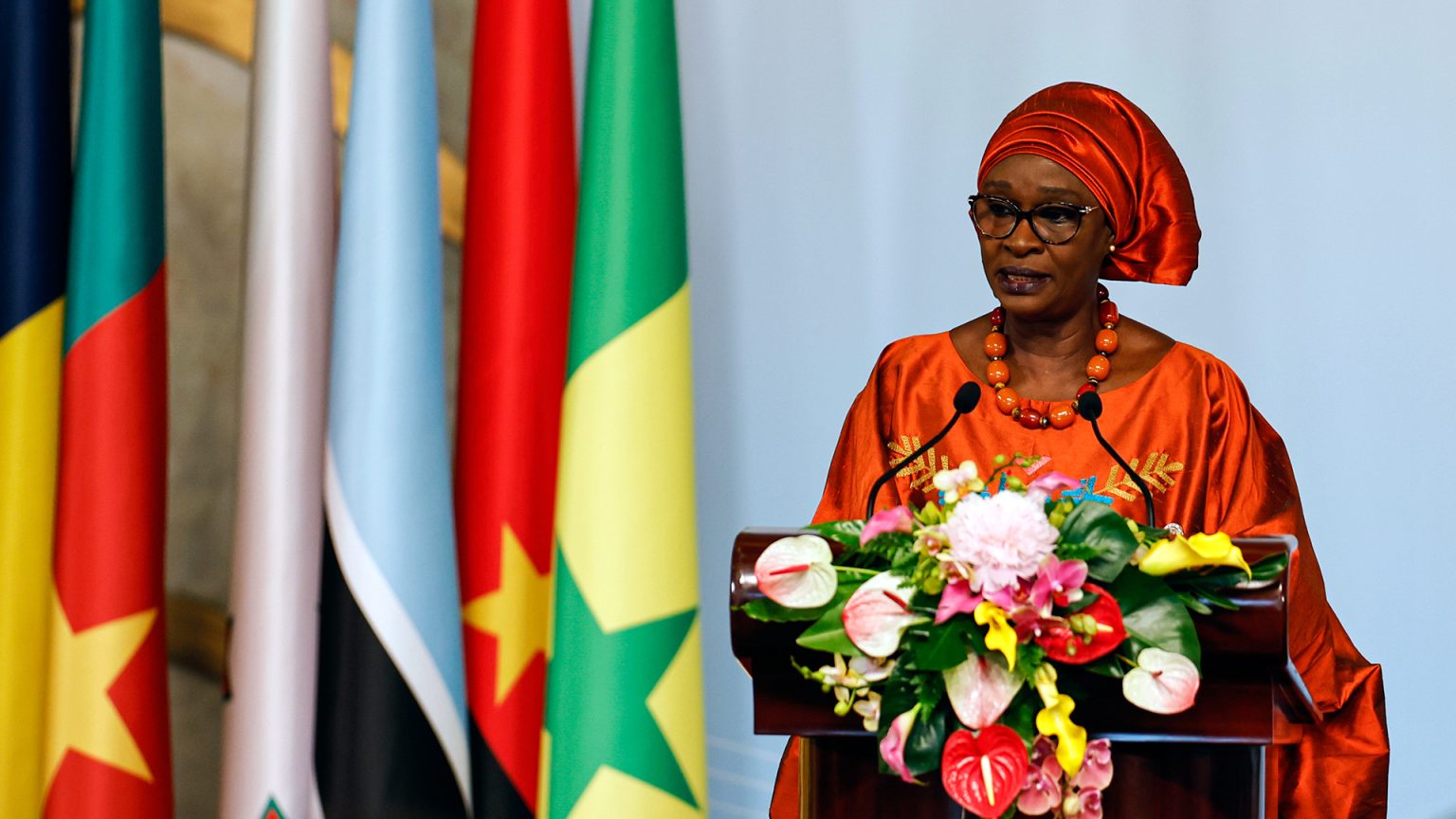Senegal, a beacon of stability in West Africa, is embarking on a profound transformation under the leadership of President Macky Sall. His ambitious “Plan Sénégal Émergent” (PSE), a 25-year development blueprint, aims to propel the nation towards economic independence and sustainable growth by 2035. This ambitious vision prioritizes strengthening domestic industries, developing human capital, and harnessing Senegal’s natural resources for the benefit of its citizens. Central to this transformation is a shift in diplomatic strategy, moving away from traditional dependencies and forging new alliances based on mutual respect and shared prosperity. This new direction seeks to redefine Senegal’s place on the global stage, emphasizing self-determination and a commitment to African solutions for African challenges. Leading this diplomatic effort is Yassine Fall, Senegal’s Minister of Foreign Affairs and Senegalese Abroad. Fall, a seasoned economist and diplomat with extensive experience in international affairs, particularly within the United Nations system, brings a wealth of knowledge and expertise to this crucial role.
Fall’s immediate challenge is to navigate the complexities of reshaping Senegal’s international relationships. This includes re-evaluating existing agreements, particularly those with former colonial power France, and exploring new partnerships with emerging global players. A key aspect of this reassessment is the closure of French military bases in Senegal, a symbolic move signaling the nation’s commitment to charting its own course. This decision, while asserting Senegal’s sovereignty, requires careful diplomatic maneuvering to maintain a constructive relationship with France while simultaneously diversifying its security and defense collaborations. Fall emphasizes the importance of maintaining open dialogue and fostering mutually beneficial partnerships based on shared interests and respect for Senegal’s strategic autonomy. This delicate balancing act reflects the broader challenge facing many African nations as they strive to break free from historical dependencies and forge a new path towards self-reliance.
The PSE represents a paradigm shift in Senegal’s development approach. It moves beyond traditional aid-dependent models and focuses on building a robust and diversified economy driven by local expertise and innovation. This involves investing in key sectors such as agriculture, tourism, renewable energy, and infrastructure, while also promoting entrepreneurship and small and medium-sized enterprises. Fall highlights the importance of leveraging Senegal’s rich natural resources, including its vast agricultural potential and offshore oil and gas reserves, to generate wealth and create jobs for Senegalese citizens. This strategy requires a concerted effort to develop local capacity and technological expertise, reducing reliance on foreign companies and ensuring that the benefits of economic growth are shared equitably amongst the population.
Furthermore, Fall emphasizes the importance of regional integration and Pan-Africanism in achieving Senegal’s development goals. She believes that strengthening ties with other African nations, particularly within the Economic Community of West African States (ECOWAS), is crucial for promoting trade, investment, and economic cooperation. This regional approach also fosters greater political stability and security, allowing African nations to collectively address shared challenges such as terrorism, climate change, and migration. Fall sees Senegal playing a leading role in promoting regional integration and advocating for African solutions to African problems, contributing to a stronger and more unified African continent.
Central to the PSE’s success is the development of human capital. Investing in education, healthcare, and social welfare programs is seen as critical for empowering Senegalese citizens and creating a skilled workforce capable of driving economic growth. Fall stresses the importance of providing quality education and training opportunities, particularly for young people, to equip them with the skills and knowledge needed to compete in the global economy. This includes promoting STEM education (Science, Technology, Engineering, and Mathematics) and vocational training to meet the demands of a rapidly evolving job market. Investing in healthcare and social welfare programs also plays a vital role in improving the overall well-being of the population and creating a more equitable and just society.
In conclusion, Senegal’s vision for economic independence and diplomatic realignment marks a significant turning point in the nation’s history. Under the leadership of President Macky Sall and the guidance of Minister Yassine Fall, Senegal is charting a new course towards sustainable development, self-reliance, and greater regional integration. The PSE, with its focus on economic diversification, human capital development, and strategic diplomatic engagement, represents a bold and ambitious plan to transform Senegal into a thriving and prosperous nation. Fall’s diplomatic efforts, particularly in navigating the complexities of redefining international relationships and promoting African solutions, are crucial for realizing this vision. The success of Senegal’s transformative journey will not only benefit its citizens but also serve as an inspiration for other African nations striving for economic independence and self-determination.

